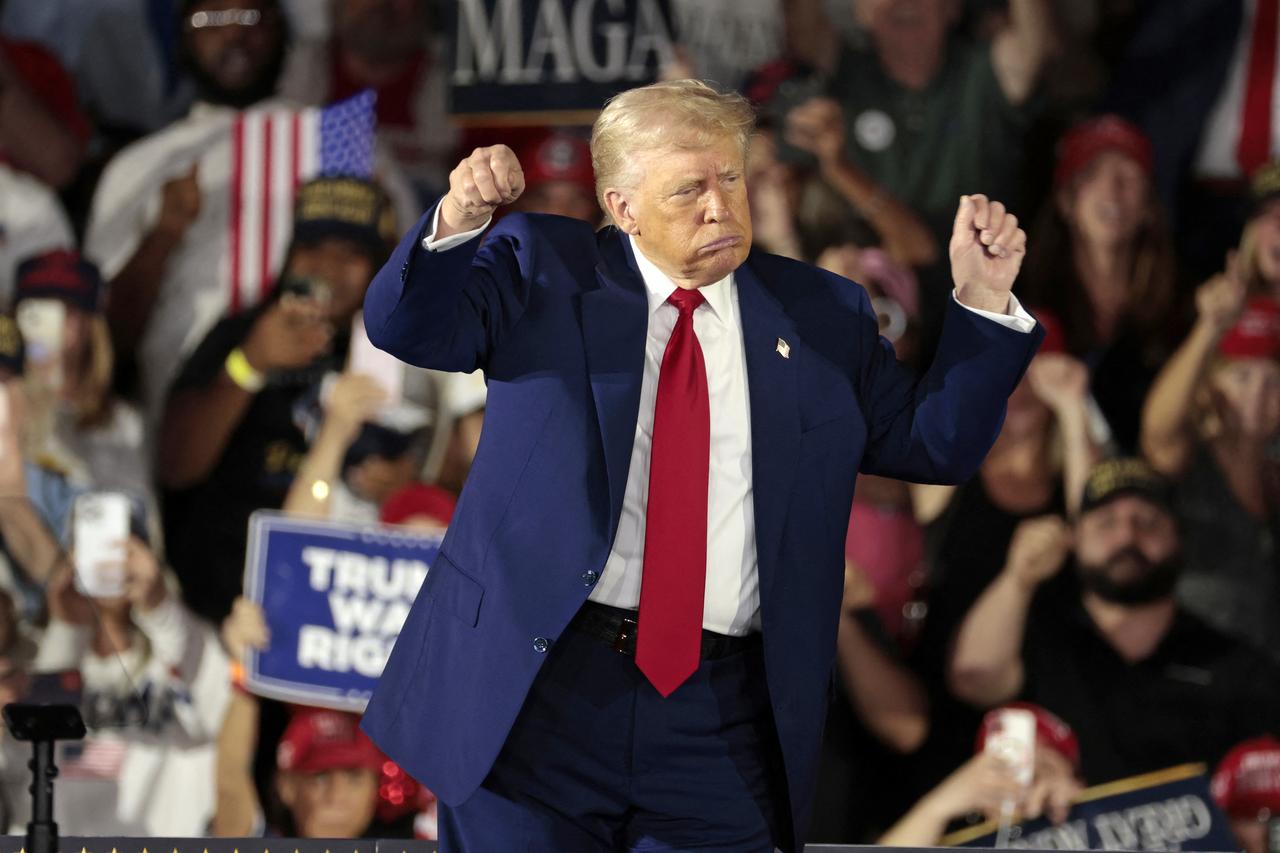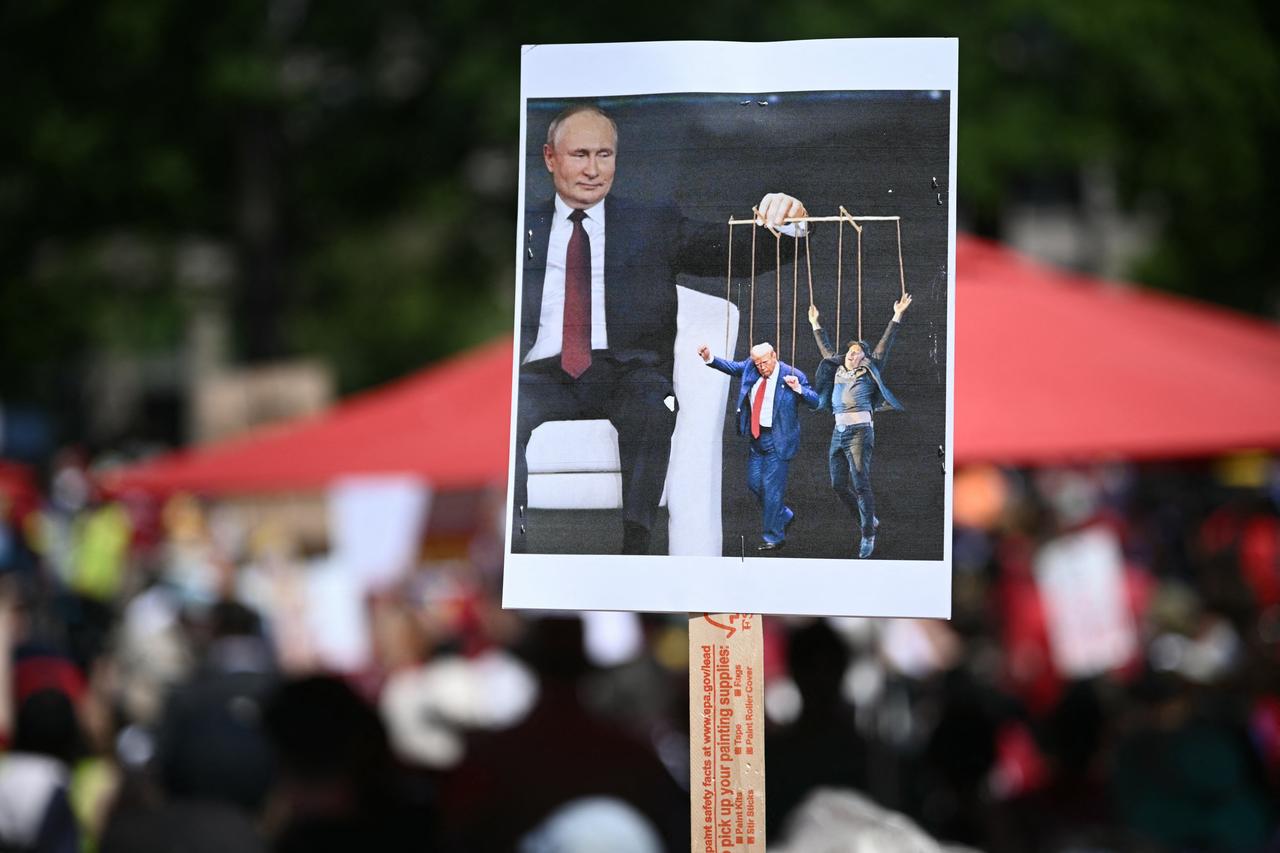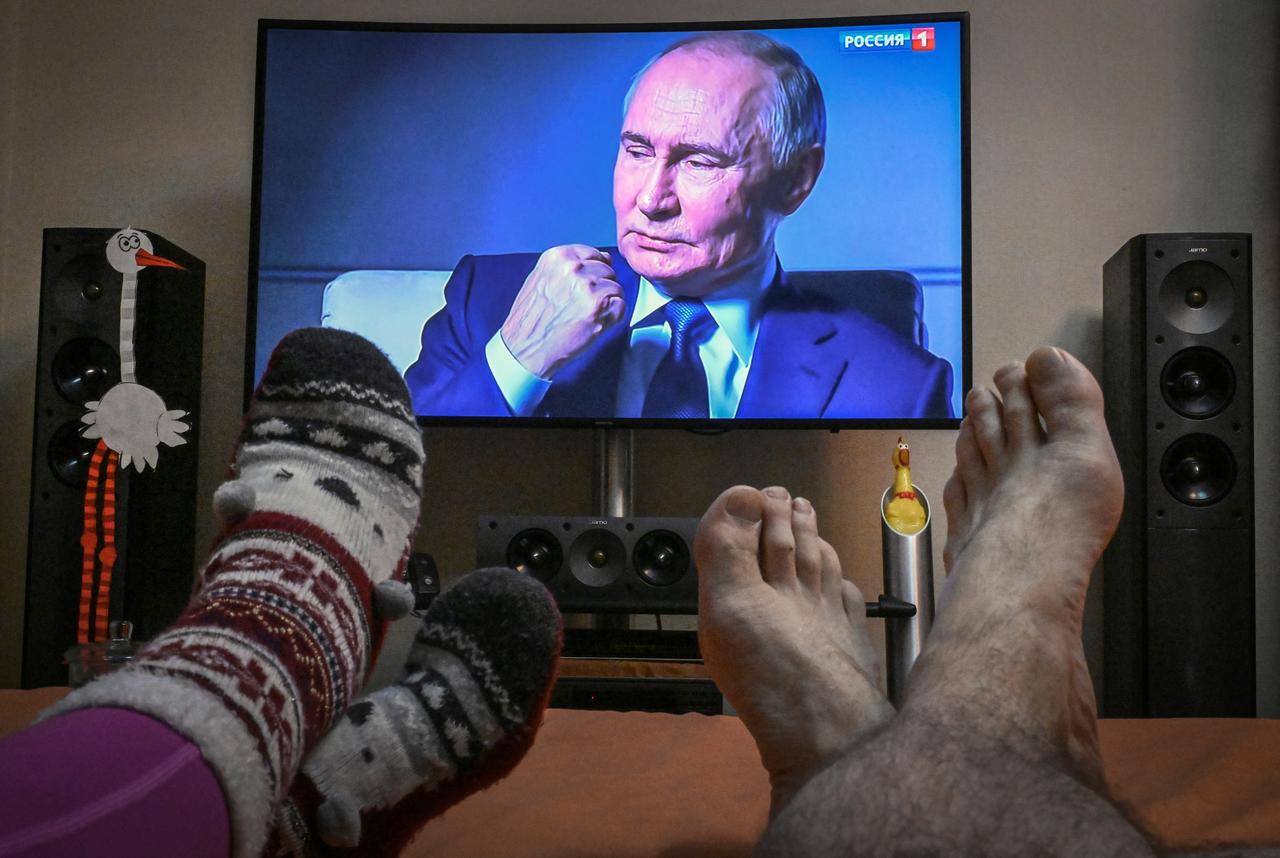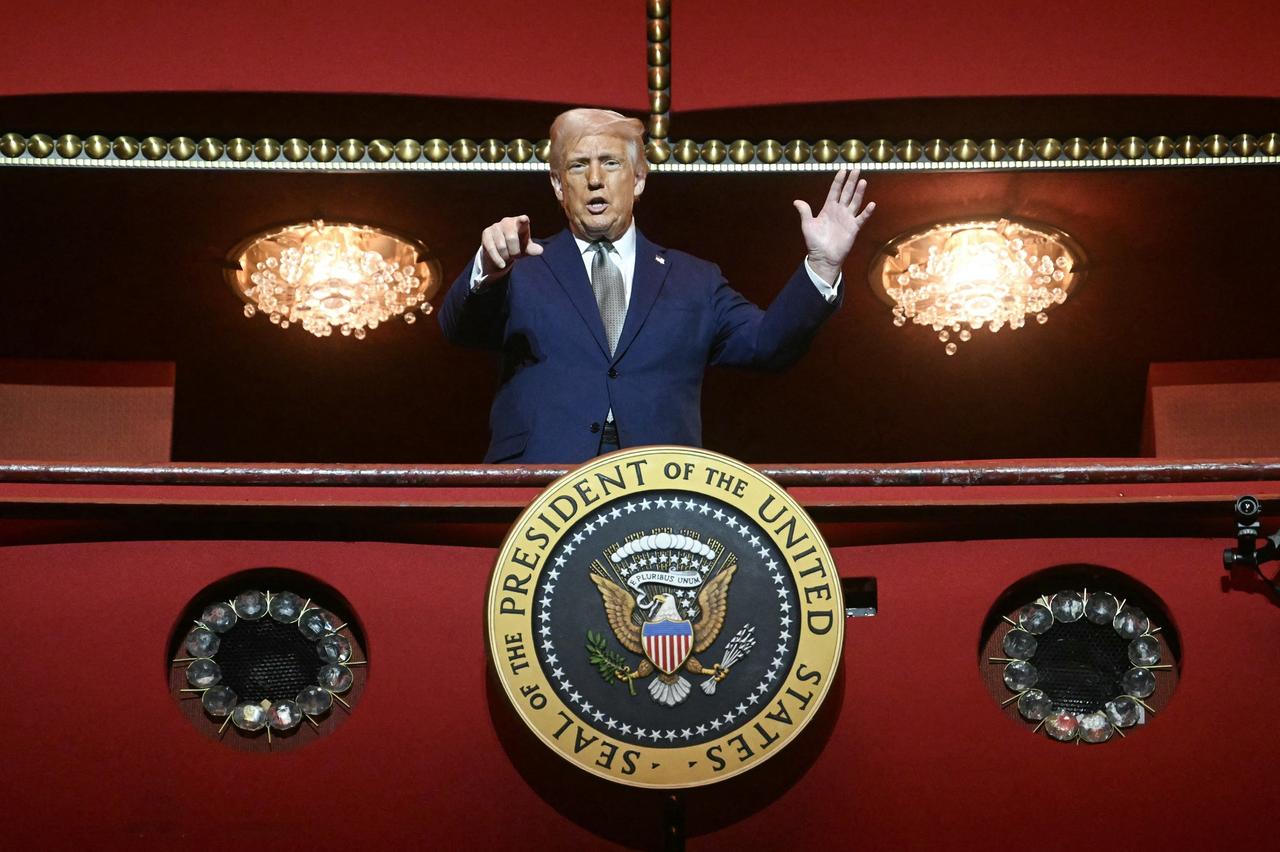
Politics no longer just plays out behind closed doors or in dusty parliament halls, it now unfolds in real-time, one meme at a time, across phone screens and feed scrolls. Once reserved for satire and side commentary, memes have muscled their way into the heart of political discourse, shaping perception, stirring emotion, and at times, replacing argument altogether. We’ve reached a point where policy positions are being communicated not through white papers but punchlines, and it’s changing everything.
With Donald Trump back in office as U.S. President, his signature style, part rally, part reality show, part trolling—has returned in full swing. His online presence thrives on meme logic: provocation, simplification, repetition. Whether it’s the recycled nicknames “Sleepy Joe,” “Crooked Hillary 2.0” or the performative capital letters in his tweets, Trump doesn’t just use memes, he thinks in memes. It’s not just a strategy, it’s the brand. And in a media environment ruled by attention economies, it’s proving alarmingly effective.

This change in political terminology represents a larger cultural realignment rather than being merely noise. What we're seeing is a combination of administration and infotainment, where format is used more to garner public attention than facts. Scholarly Almost twenty years ago, Daya Thussu coined the word "infotainment," but in the current environment, where viral content now determines the political agenda, it feels more like governance.
Ukraine provides a powerful, but varied, example. President Volodymyr Zelenskyy has transformed meme culture into a form of wartime resistance. His Twitter feed does more than just provide updates; it tells a story. In a digital-age David vs. Goliath, Ukraine is portrayed as the underdog hero through witty, emotive, and visually brilliant memes and films. From "Saint Javelin" to stylized references to Russian propaganda, Zelenskyy's government has perfected what media theorist Manuel Castells refers to as "networked storytelling", in which internet tales spread quicker than official reporting and sometimes matter more.
Meanwhile, the most recent outbreak of conflict between India and Pakistan, in May 2025, has spread online in its own way. Within hours of the first combat reports, Indian and Pakistani youth swarmed platforms like Instagram and X with nationalistic memes, parody videos, and sarcastic hashtags like #TeaAgain2025 and #TeaIsFantastic. Digital spaces became battlegrounds in their own right, with nationalism reduced into viral formats and emojis carrying political weight. These online confrontations frequently escalate into digital tribalism, strengthening polarization rather than facilitating discourse.
Ironically, while diplomats remain careful offline, meme accounts with thousands of follower’s amps up the cultural rhetoric, mocking politicians, celebrating military, and occasionally propagating misinformation. The problem here isn't only that humor has replaced seriousness; it's also possible that virality will outstrip verifiability. Instead of state leaders making headlines, the public has seized action, firing off meme missiles on Instagram, Twitter, and TikTok.
Patriotism is currently pixelated. Netizens from both countries are conducting their own psychological warfare online, with jingoistic edits and satirical clapback’s. It's chaotic, emotionally raw, and alarmingly successful at rallying public mood in minutes.
But this raises the question: when war becomes content, what is lost in translation?

On the one hand, memes have created new opportunities for digital participation. Younger audiences, who frequently feel alienated from formal politics, are now engaging in their own way—remixing arguments, satirizing leaders, and using humor to make sense of global conflicts. This is not apathy; it is a new literacy. Memes serve as political shorthand, a type of visual argument that is quick, persistent, and frequently circulated.
On the other hand, it's very unsettling to see wars reduced to trendy formats. When the distinction between critique and sensationalism blurs, we risk reducing human misery to background noise. As media theorist Neil Postman warned in Amusing Ourselves to Death, we are falling into a state in which spectacle trumps substance.
There's also a less obvious danger: memes may appear democratic, but they frequently promote echo chambers. Algorithms do not present new ideas; rather, they offer up more of what you already believe. A meme that mocks the "other side" may feel empowering, but it rarely promotes discussion. Instead, it exacerbates divisions, turns disagreement into a sport, and makes fury the currency of online legitimacy.

To argue that meme-ifiction is destroying politics would be both facile and incorrect. If anything, it has pushed politics to become more transparent, emotional, and easily accessible. However, it has also reduced intricacy and favored sensationalism over nuance.
So, the question is not whether memes belong in politics; they already do. The underlying question is whether we, as media consumers and digital citizens, can develop critical reading skills. Can we look beyond the share button and ask: What power structures are being upheld or challenged here? What has been left out of this joke?
Politics is not a joke, but today, it often arrives in one. Maybe the challenge of our generation is to laugh and think, to resist the urge to scroll past discomfort, and instead dig deeper. Because if all we do is meme the world we live in, we may lose the ability to change it.